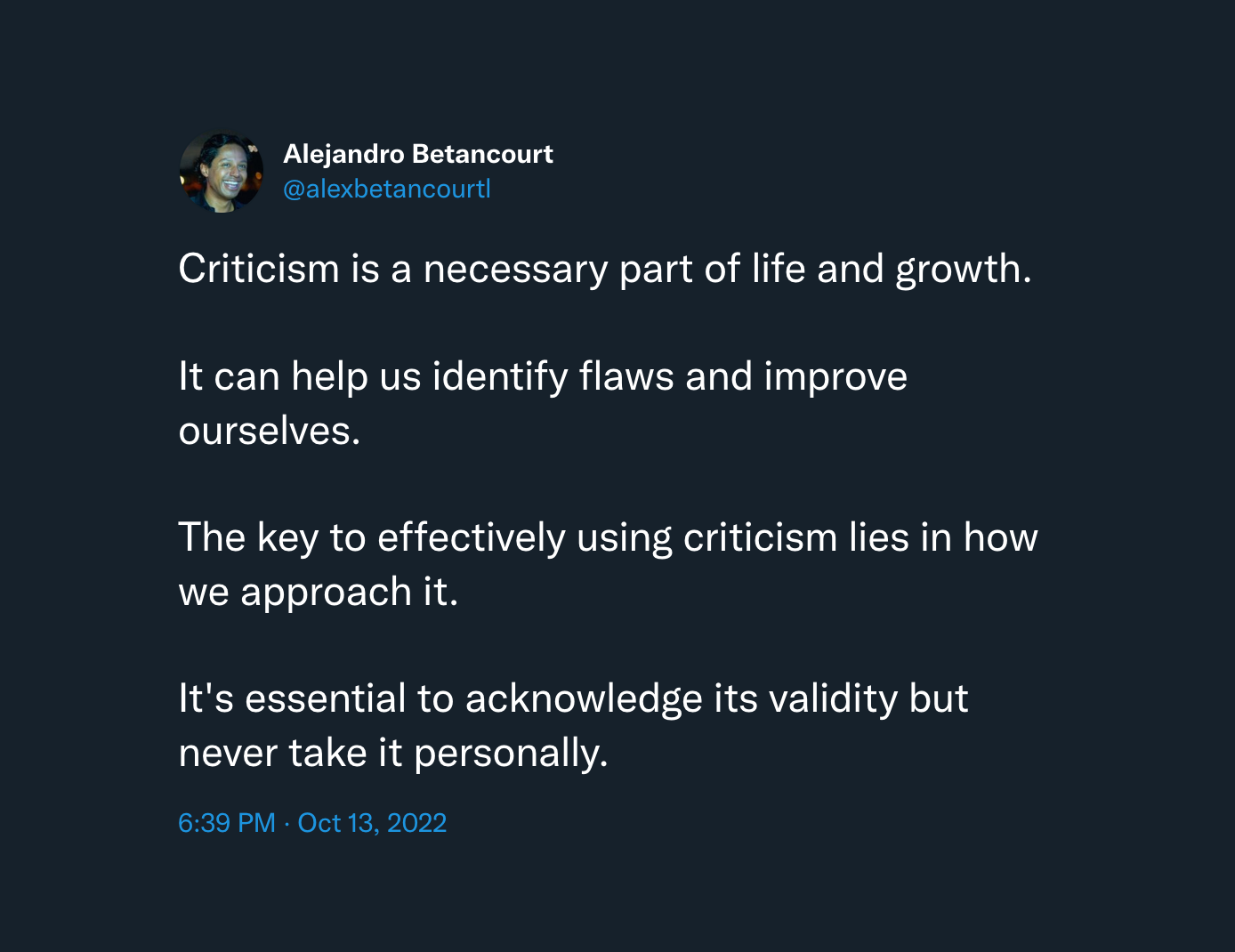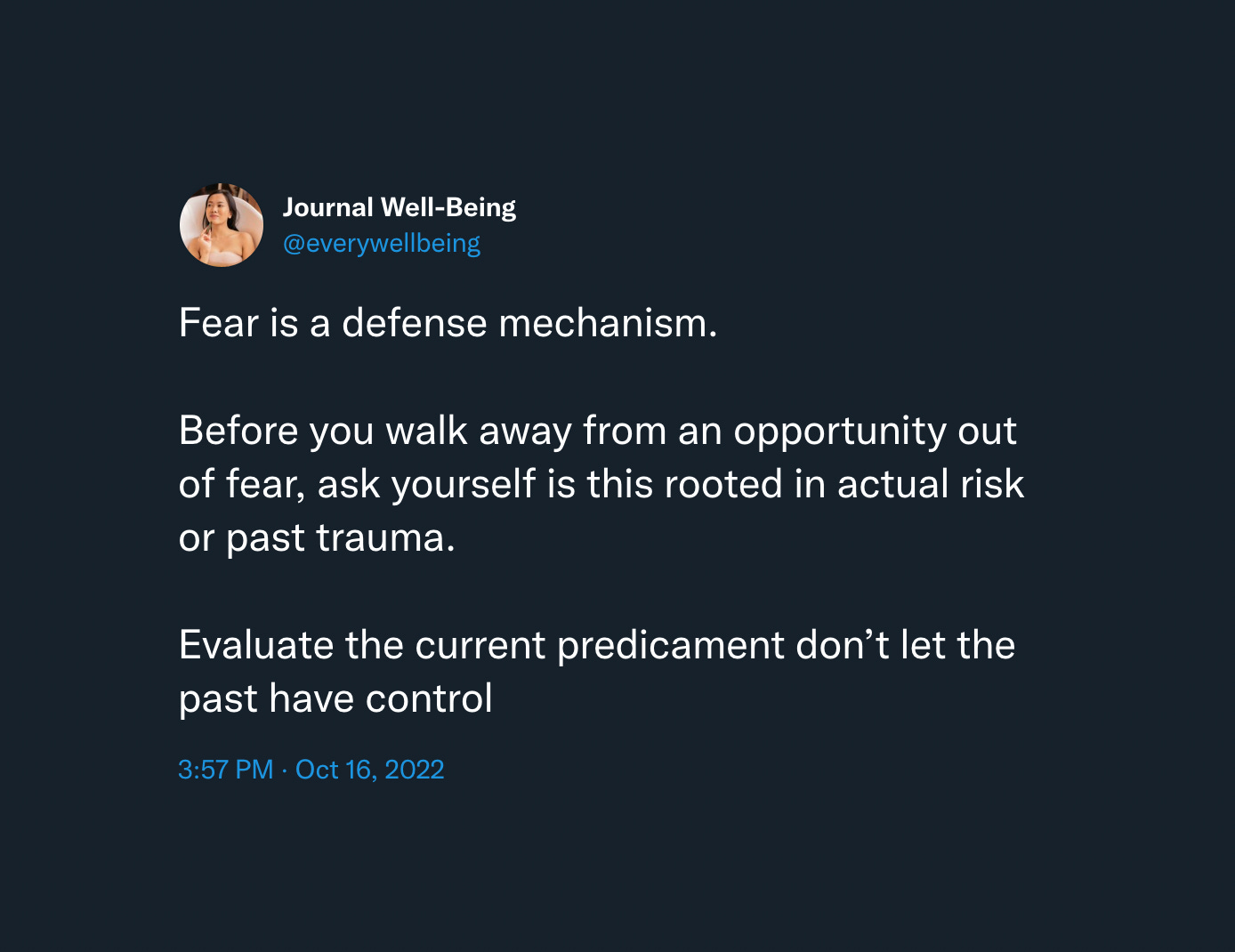Balancing Fairness and Compassion in Our Decisions
Is Striving for Perfect Fairness the Best Approach?
“Death is the fairest thing in the world. No one's ever gotten out of it. The earth takes everyone - the kind, the cruel, the sinners. Aside from that, there's no fairness on earth.” —Svetlana Aleksievich
Fairness is a fundamental precept of society, yet we all know that life isn’t fair. It has never been, and it likely never will be.
Status, wealth, and power — are all things that can bring about unfair advantages in the world. But just because life isn’t fair doesn’t mean that we shouldn’t do what we can to make it better for everyone.
Even if you believe in some inherent inequality in the world, remember that by helping others, you also help yourself.
What is the Kantian Fairness Tendency?
This tendency can be traced to philosopher Immanuel Kant, who wrote about this in his 1795 essay “Perpetual Peace: A Philosophical Sketch.”
This tendency is often seen as a crucial part of human nature. It is used to justify many of the laws in our society. It also has been used to describe how people will react when they feel like they are being mistreated.
One key concept in Kant’s philosophy is the notion of fairness, which he called the Kantian Fairness Tendency. This refers to a belief that everyone should be treated equally and fairly, regardless of their status or circumstances.
According to Kant, this tendency stems from our inherent sense of right and wrong. It is vital in determining how we behave as individuals and as a society.
Despite its essential role in shaping moral behavior, the Kantian Fairness Tendency is not always a reliable guide when making ethical decisions. There may be situations where strict adherence to this tendency can lead to unjust or unethical results.
We must look beyond the Kantian Fairness Tendency when making choices about morality and justice in our world. Using this tendency alone can lead to some troubling results. It could cause us to prioritize principles of justice over other vital human considerations like compassion and empathy.
Morality Vs. Fairness
What does it mean to be fair? Many people think of fairness as something equal and unbiased, but this idea isn’t rooted in reality.
To act justly means taking into account the specific needs of each situation - not assuming that everyone should receive the same treatment.
When it comes to morality, some people tend to think about fairness according to Immanuel Kant’s philosophy. This means they focus on principles of justice and treat others as ends in themselves rather than a means to an end.
Because something is fair according to these principles doesn’t mean it’s moral — for example, a society could establish a suitable system of slavery where all enslaved people are treated equally, but that wouldn’t make it ethical or just.
At the same time, fairness isn’t the only consideration when determining morality — compassion and well-being also play essential roles.
So while Kant’s ideology may guide us toward fairness, it’s important not to rely solely on it if we also want to be humanitarian.
It may be necessary for some systems to appear “unfair” to function and benefit the greater good. Take, for example, the criminal justice system. If we strived for absolute fairness in sentencing, every case would be treated with complete uniformity regardless of circumstances. But is this fair?
A one-size-fits-all approach fails to account for extenuating events. It may result in disproportionate punishment for specific individuals. It may also fail to account for the differences among numerous types of crimes.
Deciding on a case-by-case basis may appear “unfair.” Still, it leads to a more just and functional criminal justice system. The same principle applies in other areas, such as education and healthcare: striving for perfect fairness can hinder progress and harm society. Some unfairness may be necessary for society to function correctly and progress.
So let’s not always fall prey to the allure of ideal fairness; sometimes, unfairness is necessary for morality.
It’s inaccurate to assume that humans are equal because they have the same essence. Life circumstances can make people vastly different from one another, and these factors must be considered if we genuinely want to create a mindful and compassionate world.
Arguments Against Kantian Fairness
Some argue that Kantian fairness is a romantic view of morality and doesn’t consider life’s realities. They say it doesn’t consider the reality of life and is not a practical moral theory.
For example, some argue that adhering to Kantian fairness can lead to a society with greater inequality. This is because strict adherence to this principle could result in preferential treatment for the privileged and wealthy while leaving less fortunate groups of people at a disadvantage.
Suppose we strive for perfect fairness in all aspects of life. In that case, we may also stifle innovation and progress. For example, enforcing equal access to healthcare or education programs could prevent us from trying new approaches or implementing more effective policies.
Others argue that there are many types of fairness and that we should not limit ourselves to only one variety.
One potential argument against the Kantian Fairness Tendency is that it can be used to justify morally questionable or unethical behaviors.
For example, an individual might try to rationalize their actions based on this tendency, even if they are unjust or harmful to others. An individual might argue that it is “fair” to retaliate against someone who has wronged them, even if this retaliation may be detrimental or excessive.
Another potential argument against the Kantian Fairness Tendency is that it can lead to biases and prejudices. For example, a person might focus on whether an individual is being treated “unfairly” without considering other factors. This could lead to unjust results where certain groups are targeted, harassed, or excluded from specific opportunities.
Another common critique of this tendency is that it can lead us to pursue uniformity and conformity at all costs. This means we may prioritize fairness over other vital factors like compassion, empathy, and innovation.
As a result, we can lose sight of what is best for society and instead focus on meeting arbitrary standards.
“To expect life to treat you good is foolish as hoping a bull won't hit you because you are a vegetarian.” —Roseanne Barr
We must recognize that other factors like compassion and empathy may be necessary when making moral decisions. We must always strive to balance all these essential considerations to achieve fair outcomes.
Through continued examination of the way we make decisions, we can create a more just and fair society for all.
© Alejandro Betancourt, 2022. All Rights Reserved.
DID YOU KNOW?
On average, a person will spend 26 years asleep and 7 years trying to get to sleep.
More info.
Earth’s atmosphere will keep its high oxygen levels for the next billion years.
More info.
If you go blind in one eye, you will lose all your sense of depth.
More info.





